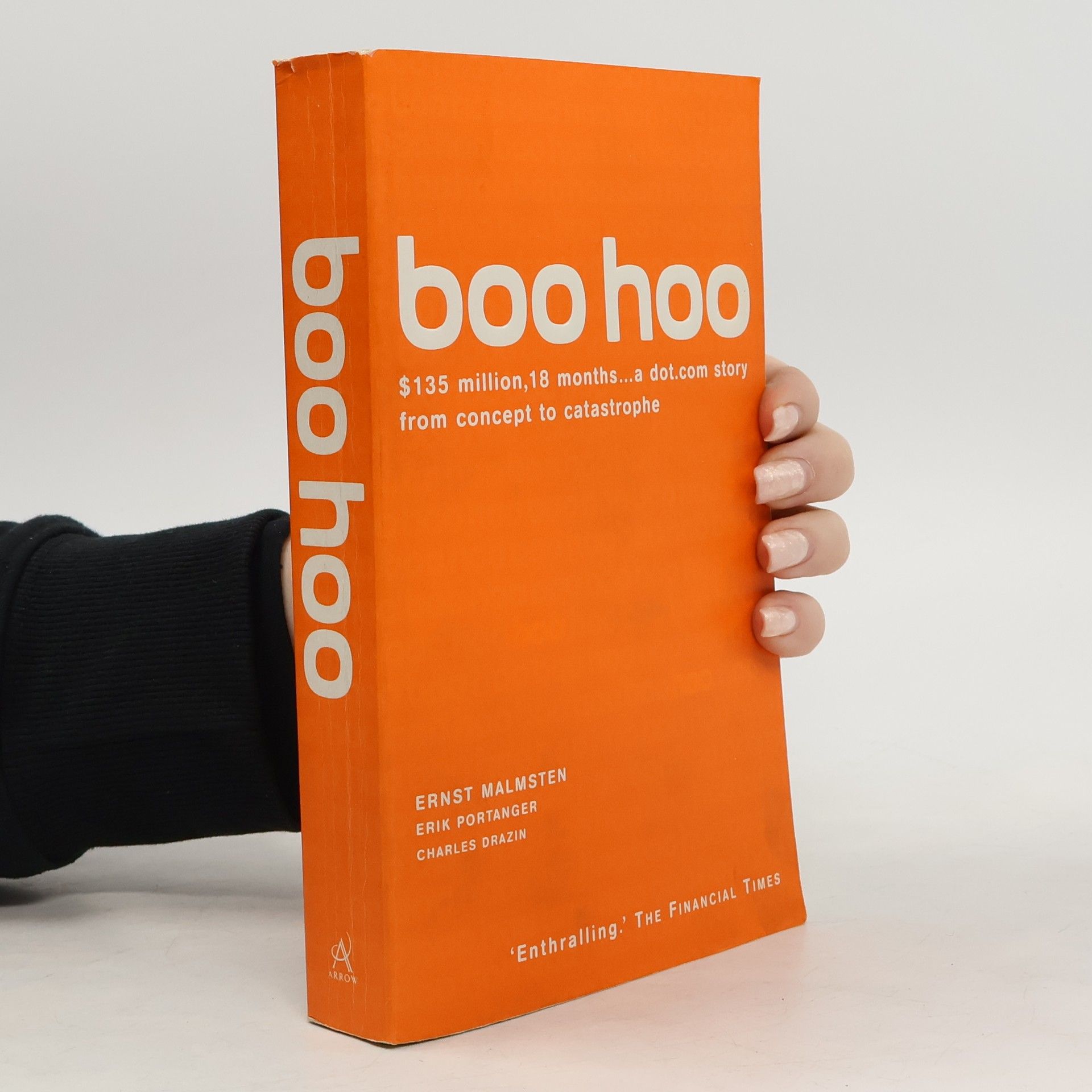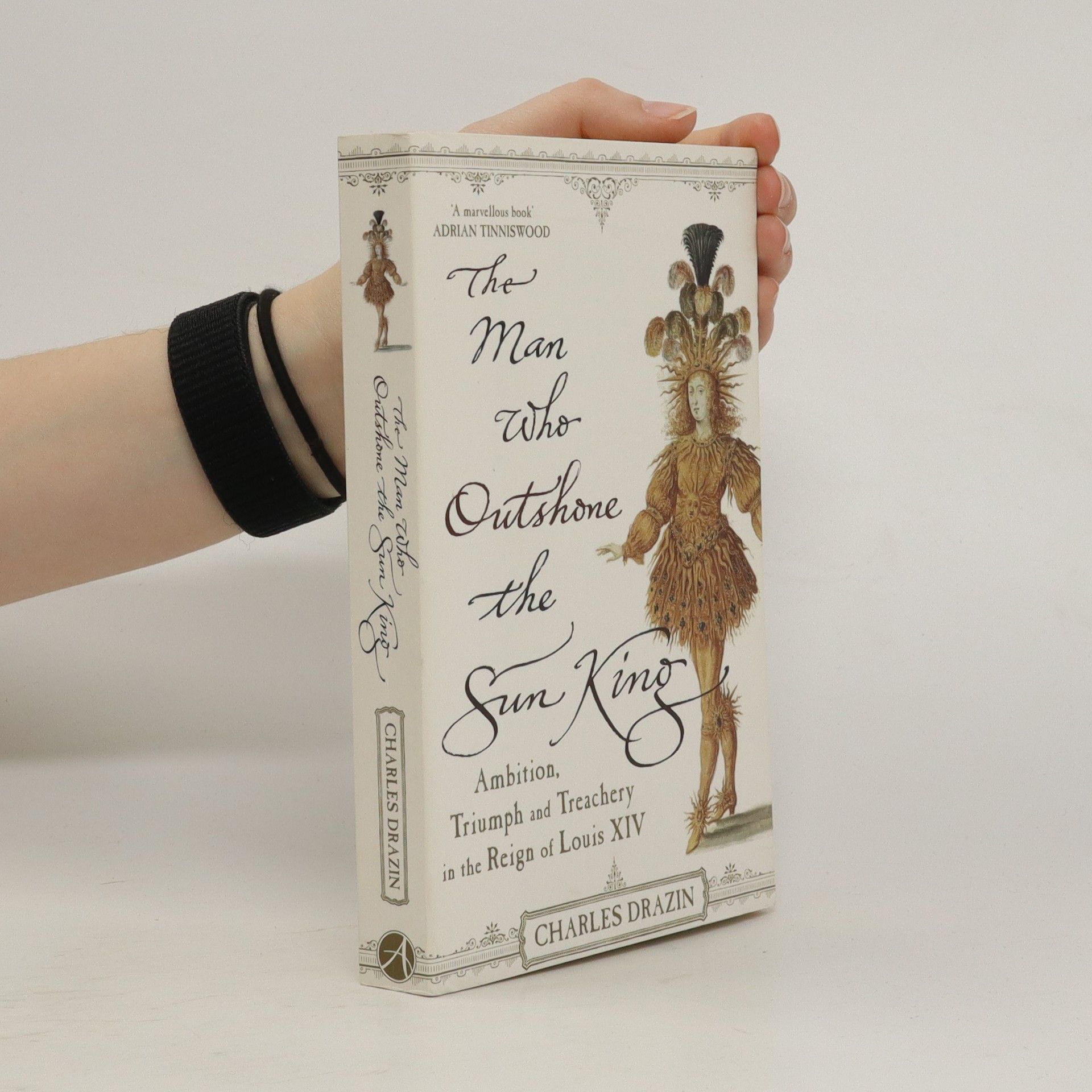Making Hollywood Happen: Seventy Years of Film Finances
- 224pagine
- 8 ore di lettura
Focusing on the evolution of the independent film industry, this book narrates the history of Film Finances, established in 1950 to mitigate financial risks in filmmaking. It highlights the development of the "completion guarantee," a crucial tool for securing investor confidence. Spanning seven decades, the narrative intertwines the company's journey with significant milestones in postwar cinema, showcasing how it influenced and supported the growth of independent filmmaking on a global scale.


